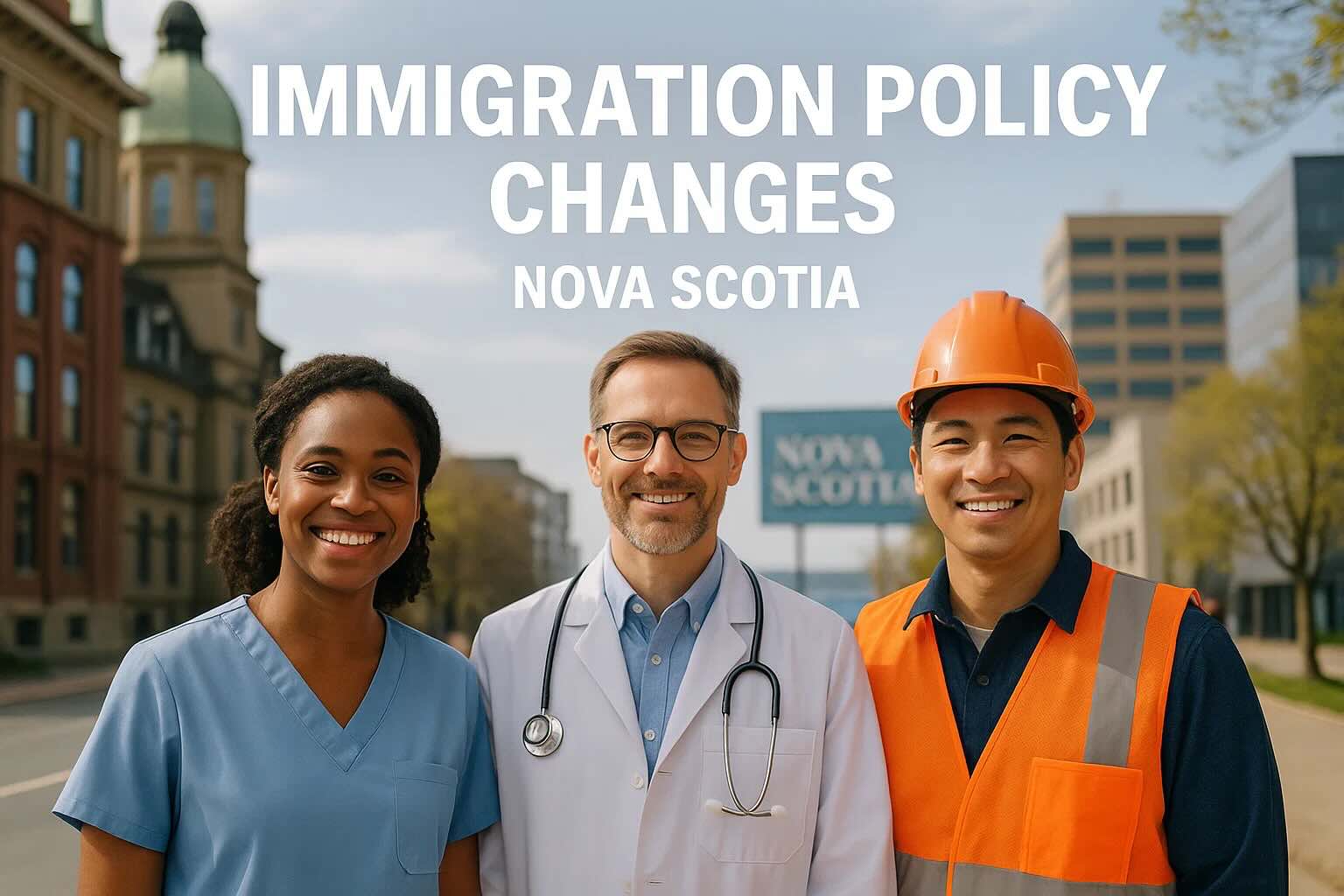Canada's multiculturalism and economic opportunities attract global talent. Within the various immigration pathways, work experience plays a vitally important role. Whether it's for Federal Skilled Worker, Canadian Experience Class, or Provincial Nominee Programs, there are strict requirements regarding the authenticity, relevance, and compliance of an applicant's work history. Consequently, when IRCC officers raise questions about the details of declared work experience, knowing how to respond effectively and provide sufficient supplementary evidence becomes an indispensable part of the application process.
1. Accuracy of National Occupational Classification (NOC) Selection
IRCC officers may question whether an applicant has selected the most appropriate National Occupational Classification (NOC) code for their work experience. The NOC system is the standard used by the Canadian government to classify occupations. Applicants submitting an Expression of Interest (e.g., for Express Entry EOI) and in their formal PR application must assign the most relevant NOC code to each period of work experience claimed.
The core requirement is that the applicant must demonstrate they performed all the actions described in the lead statement and a substantial amount of the main duties (including all essential duties) of the chosen NOC throughout their work experience.
Response Strategies and Supporting Documents:
If an immigration officer expresses dissatisfaction or asks questions, the applicant should proactively provide additional evidence to strengthen the link between their job duties and the selected NOC. Effective supplementary documents can include:
- Employer Attestation Letter: A detailed letter from the employer explicitly confirming that the applicant performed duties consistent with the lead statement and main duties of the chosen NOC.
- Workplace Evidence: Such as dated photographs or videos depicting work activities (privacy and compliance must be considered).
- Work Records or Outputs: For example, work reports, project records, client receipts, or professional service records completed by you that reflect NOC duties.
- Regulated Profession Credentials (if applicable): If the occupation is regulated (e.g., engineer, nurse), relevant practicing licenses or certification documents proving the legal qualification to perform the work under that NOC are required.
Special Note: For self-employed individuals, self-declared duty descriptions or affidavits are generally not accepted as valid proof of self-employed work experience. Acceptable evidence includes articles of incorporation, proof of business ownership, records of self-employment income (e.g., tax slips, bank statements), and third-party client testimonials detailing the services provided and payment details.
2. Compliance of Self-Employment and Canadian Work Experience
Some Canadian immigration programs (notably the Canadian Experience Class - CEC) explicitly do not accept self-employed work experience as qualifying experience. Furthermore, for applicants claiming Canadian work experience (which is crucial for boosting immigration scores and eligibility), IRCC officers need confirmation that this experience was gained through lawful employment by a third party, not through self-employment.
Response Strategies and Supporting Documents:
When IRCC requires further proof that the applicant's work in Canada was legitimate third-party employment, the applicant should provide:
- Tax Documents: Most recent T4 Tax Information Slips and/or Notices of Assessment (NOA) issued by the Canada Revenue Agency (CRA).
- Employer Documents (if T4/NOA are unavailable or as supplements):
- Detailed work records or reference letters from the Canadian employer covering all claimed periods of work experience.
- Formal employment contracts.
- Pay stubs.
IRCC Factors for Assessing Employment Relationship:
Officers will evaluate several factors to determine if the applicant was an employee or self-employed, including:
- Control: The degree of control or independence the applicant had regarding how, when, and the methods used to perform the work.
- Tools and Equipment: Whether the tools and equipment needed for the work were provided by the applicant or the employer.
- Subcontracting Rights: Whether the applicant was required to perform the work personally and if they had the right to subcontract or hire others to assist.
- Financial Risk: The degree of financial risk undertaken by the applicant, such as needing to invest to complete the work or deliver services, and whether the worker could make business decisions impacting potential profit or risk of loss (distinct from commission or performance bonus opportunities).
- Any other applicable considerations, including written contracts.
Therefore, documents provided by the applicant should aim to demonstrate they did not hold a controlling interest in the employing company, did not subcontract work, and had minimal personal financial investment in the employer's company, thus supporting their status as a legitimate third-party employee.
3. Qualification Verification for Work Experience in a Regulated Profession
If an applicant claims work experience in a regulated profession—that is, an occupation like law or medicine requiring licensing in the jurisdiction where they worked—IRCC officers will want to establish that the applicant was appropriately licensed in each jurisdiction during the period of practice.
Typically, when assessing work experience in a regulated profession, IRCC checks the requirements to practice that profession in the country where the experience is claimed (whether Canada or abroad) and examines the available supporting information proving the applicant met these requirements.
Note: In some PR applications, the onus may be on the applicant to identify and demonstrate compliance with the professional requirements in the country where the work experience was gained.
Response Strategies and Supporting Documents:
If IRCC officers have doubts about work experience in a regulated profession, the applicant may need to respond with documents corroborating that they met professional requirements, including:
- Documents attesting to work experience in the regulated profession, such as employment contracts, receipts for services rendered, reviews, and appraisals of work done.
- Foreign credentials earned while becoming certified to practice the occupation abroad.
- Certificates of completion for educational credentials preparing them for the profession.
- Offers of employment to work in the capacity of the chosen regulated profession.
Conclusion
Although IRCC officers generally follow standard procedures when assessing PR applications, inquiries or requests for further documentation are largely at the discretion of the reviewing officer. In these instances, the assessment of the application (and the extent to which applicants successfully clarify misunderstandings or provide satisfactory additional information) depends on the presiding IRCC official's judgment. Facing questions about work experience requires applicants to actively and meticulously prepare and submit convincing supplementary evidence. Fully understanding IRCC's scrutiny points and providing clear, complete documentation tailored to address them is key to resolving doubts and successfully advancing a Canadian immigration application. Applicants are advised to be thorough in their preparation and consider seeking professional immigration assistance if necessary.









